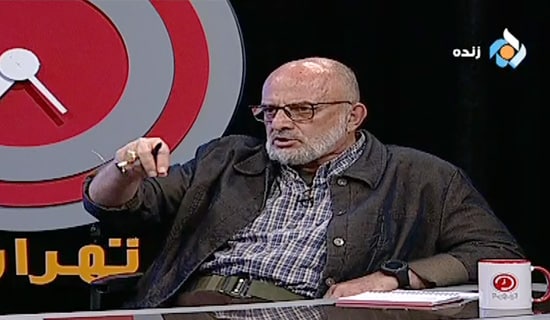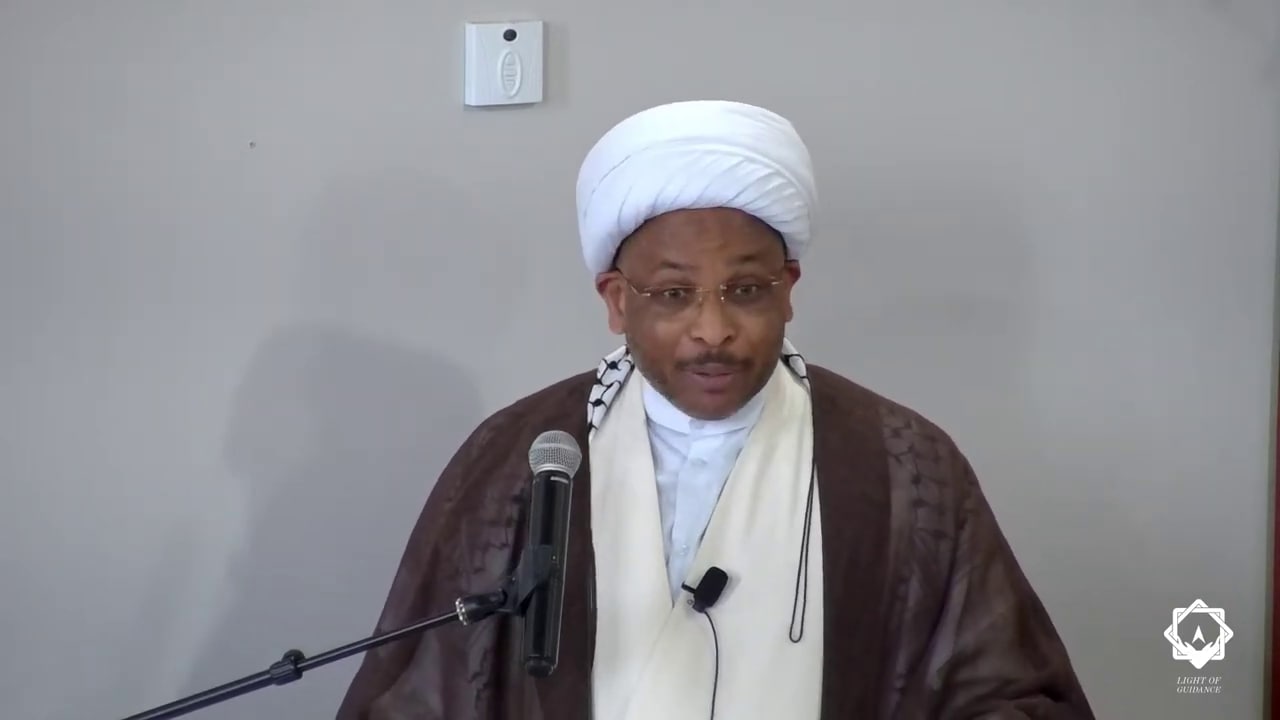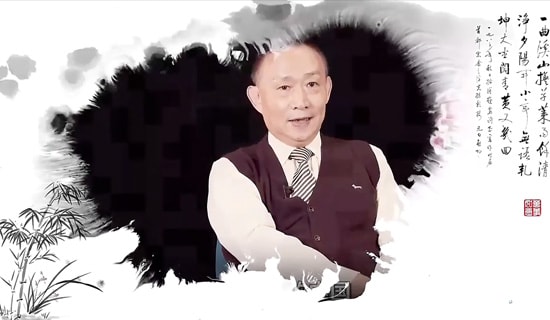
Rana Ahmad, an atheist who renounced her Sunni Muslim upbringing and fled Saudi Arabia for fear of execution, talked about her previous life and her "awakening" in a Deutsch Welle TV interview on August 16. Forced to wear the hijab at age 9 and the niqab at age 13, Ahmad said that this "robbed her of her childhood." She said that she was living "in a stupor" until she became aware of the world of knowledge through the Internet and began to read and do research. "How come the education systems in Islamic countries do not provide this information?... What are they afraid of?" she asked.
Following are excerpts
Rana Ahmad: I come from a Sunni Muslim family, which is an extremist family, compared to other families in our society. I studied English and worked in hospitals, did some secretarial work...
Interviewer: So you acquired an education?
Rana Ahmad: Yes.
Interviewer: You went to girls-only schools?
Rana Ahmad: Right.
Interviewer: Because in Saudi Arabia, they segregate...
Rana Ahmad: Yes, from elementary school, from age six or seven, they send boys and girls to different schools.
Interviewer: What made you, at the age of 25, to decide to become an atheist?
Rana Ahmad:I consider the time that I was religious to be a period of stupor.
Interviewer: How come?
Rana Ahmad:
I was in a stupor, and all of a sudden, something awakened me. I awakened and saw that life was not as I had used to see it, from a religious perspective.
Interviewer: How did you see life?
Rana Ahmad:For example, I assumed my life should be next to a man. My family expected me to get married, and that would be my life. My highest aspiration was to please the Lord and my parents, and the rest was left to life after death. As for your life before you die, your aspirations in life - I had no plans to do anything with my life.
Interviewer: How old were you when you began to wear the hijab, or were forced to... Or what happened exactly?
Rana Ahmad: I was nine years old, more or less. I was a child and I was playing, and one day, when I came home, my mother gave me the hijab, and from then on, I was supposed to cover my hair with it. I asked why. I still felt like a child, and wanted to play, to let my hair loose, to run with the other kids. Why wear the hijab? The hijab robbed me of my childhood. I believe that no family should make a small girl wear the hijab, because this robs her of her childhood.
Interviewer: Then, during adolescence, you would also wear the niqab sometimes? You wear the niqab from the age of 13, because in Saudi Arabia, a girl is expected to wear it for school. Who forced you to wear it?
Rana Ahmad: The family and the school.
[...]
[Legally,] you can go out without a niqab, but the niqab was also imposed by the family.
Interviewer: Your family forced you to wear it?
Rana Ahmad: Absolutely.
Interviewer: When you were 13, they forced you to wear the niqab?
Rana Ahmad: Correct.
Interviewer: What was your adolescence like?
Rana Ahmad: I don't consider myself to have had the life of a normal girl, in another family. I didn't know any boys. I didn't talk to any boys. I didn't feel love. You could say that I led a life of modesty, until I started working and realized that there was another world, and that there are other creatures, called "boys," on this planet.
My family was very extremist. They teach their children the Quran from age four.
Interviewer:
Quran teaching is not always tantamount to extremism. We don't want to generalize.
Rana Ahmad: But children at the age of three or four can barely speak.
Interviewer: You say that you refused to wear the niqab and rebelled against the way you were raised. Then you became an atheist. What happened?
Rana Ahmad: Like I told you, I was in a stupor. I had no contact with science when I was a Muslim. Most of the time I would read the Quran and do the daily things Muslims do. The knowledge area in my brain was blocked, neglected, or non-existent.
Interviewer: So how did you acquire information? After all, in Saudi Arabia, people are punished for atheism.
Rana Ahmad: I became aware of this world through the Internet. I had a Twitter account, and I began following people. Naturally, I did not know what the word "atheist" meant. I didn't imagine that there were people on this planet who do not believe in God. The education system in Saudi Arabia and your family try as much as possible to prevent any chance of you developing doubts.
Interviewer: So you've read...
Rana Ahmad: What shocked me at first... I did not know anything about the Big Bang, about the evolution theory, or even about philosophy. When you absorb all this information all at once, you get a shock: How come the education systems in Islamic countries do not provide this information? Why are you hiding it? What are you afraid of?
[...]
Interviewer: For five years, you were a clandestine atheist. Why?
Rana Ahmad: You've got to hide this. First of all, my family would kill me, and if they didn't, the state would execute me. You don't get the choice to leave Islam.
[...]
Rana Ahmad: I feel bad when I see a woman wearing the niqab. I feel this inside, but I don't say anything. This is the result of my own experience. If I had been born in another place, in another country, and to another family, I might view the niqab differently.
[...]
All the time I was living there, I used to cry at night: I am not a Muslim! Leave me alone! I don't want to listen to the Quran! I don't want to pray! I don't want to worship Allah! I don't believe in the existence of God, Paradise, or Hell! Just let me be! Saudi Arabia is not the only country in the Middle East with this problem. Atheists have been killed in Iraq, Jordan, and other countries as well.
[...]













